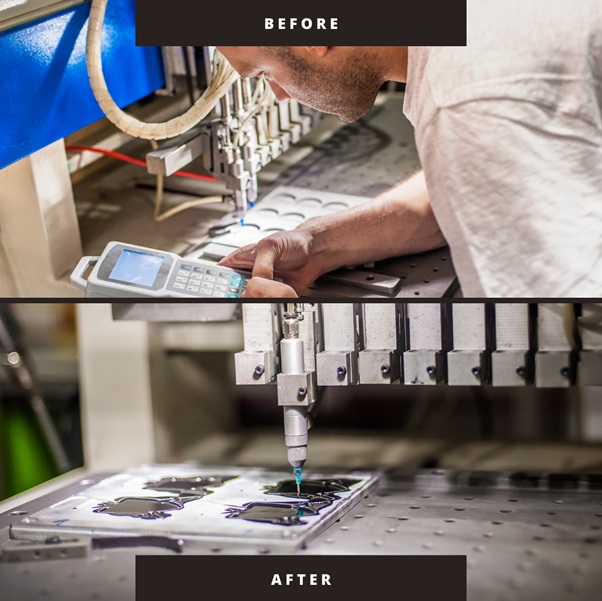8 Maintenance Tips for Prolonging the Lifespan of Dispensing Valves in Water Treatment

When it comes to water treatment, the efficient and reliable operation of dispensing valves is crucial for maintaining the integrity of the entire system. Dispensing valves play a pivotal role in controlling the flow of fluids within water treatment processes, ensuring precise and accurate dispensing.
Water specialist providers in Singapore must prioritise the upkeep of dispensing valves to prolong their lifespan and maintain optimal functionality. This article delves into eight essential maintenance tips that will assist water specialists in preserving the longevity of dispensing valves.
Regular Inspection
The foundation of dispensing valve maintenance lies in regular inspections. Water treatment specialists should establish a routine inspection schedule to identify any potential issues early on. Inspect for signs of corrosion, leaks, or abnormal wear and tear. Regular visual checks can help catch problems in their infancy, preventing major malfunctions and ensuring the dispensing valves continue to function optimally.
Lubrication
Using the right lubricant is crucial to keep dispensing valves working smoothly. As time goes by, friction and wear can make the valve less efficient, leading to performance issues and possible breakdowns. Water specialists should apply the recommended lubricant from the valve manufacturer regularly to reduce friction and prevent corrosion.

Calibration Checks
Accurate fluid dispensing is critical in water treatment processes, and any deviation from the set parameters can lead to inefficiencies. Water specialists must conduct regular calibration checks to ensure that dispensing valves are delivering fluids precisely as required. Calibration discrepancies can be caused by factors such as changes in temperature or pressure, highlighting the importance of periodic adjustments to maintain optimal performance.
Environmental Protection
Dispensing valves are often exposed to harsh environmental conditions, including chemicals, moisture, and temperature variations. Implementing protective measures can significantly contribute to the longevity of these valves. Water specialists should consider installing weatherproof enclosures or shields to safeguard dispensing valves from external elements. It protects the valves from corrosion and minimises the impact of environmental factors on their performance.
Cleaning Procedures
The accumulation of sediment, debris, or mineral deposits can impede the functionality of dispensing valves. Water specialists in Singapore must incorporate regular cleaning procedures into their maintenance routine. Depending on the type of valves used, cleaning protocols may vary. Solenoid valves, for example, may require more meticulous cleaning to ensure the smooth operation of internal components. By maintaining a clean environment, water treatment specialists can mitigate the risk of blockages and malfunctions in dispensing valves.
Temperature and Pressure Monitoring
Temperature and pressure fluctuations within a water treatment system can exert stress on dispensing valves, potentially leading to premature wear and tear. Regular monitoring of temperature and pressure levels is essential to identify any abnormal variations that may impact valve performance. Water specialists should install monitoring systems and alarms to promptly detect and address deviations from the optimal operating conditions, thus safeguarding the dispensing valves from unnecessary strain.
Staff Training
Well-informed and trained staff are invaluable assets in maintaining dispensing valves effectively. Water specialists should prioritise staff training programs to ensure that personnel are well-versed in the operation and maintenance of dispensing valves. Training sessions should cover routine inspection procedures, troubleshooting techniques, and the importance of adhering to recommended maintenance schedules. Empowering staff with the necessary knowledge and skills will contribute to the dispensing valves’ overall efficiency and longevity.
Timely Repairs and Replacements
Despite meticulous maintenance, wear and tear are inevitable over time. Water specialists in Singapore should be vigilant in identifying signs of wear, corrosion, or other damage during routine inspections. Prompt repairs or replacements should be carried out to prevent minor issues from escalating into major malfunctions. Proactive maintenance ensures the continued functionality of dispensing valves and minimises downtime in water treatment processes.
Conclusion
By incorporating these eight maintenance tips – from regular inspections to timely repairs – water specialists can ensure that dispensing valves remain reliable components within their water treatment systems, contributing to the overall effectiveness and longevity of the entire infrastructure.
Contact Unicontrols to learn more about the differences between different types of dispensing valves!






